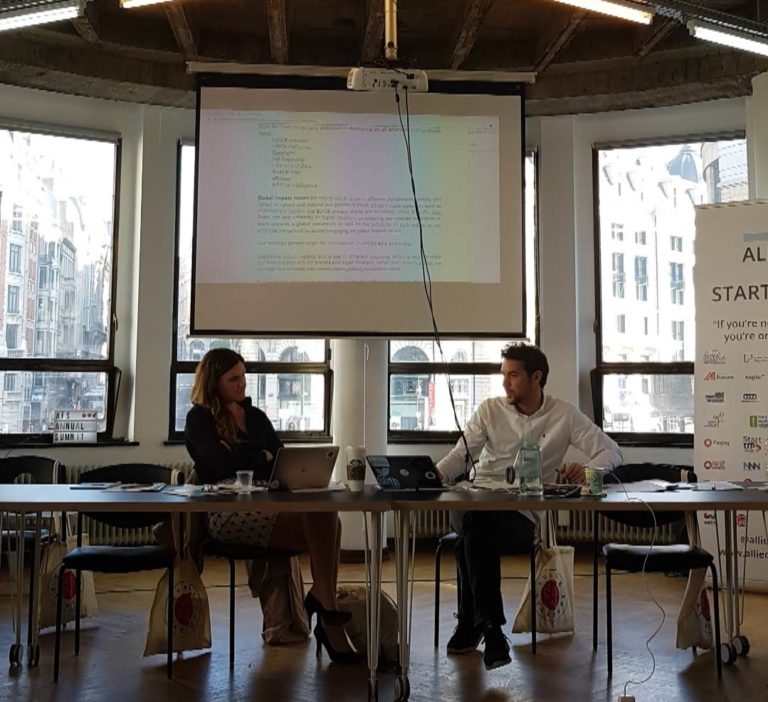Regulations dictate the rules in which businesses have to work within to protect enterprises and consumers alike. However, differing national regulations can be a real pain for startups and can be a significant barrier to global expansion. Despite a high degree of harmonisation within the EU, these variations in rules can slow down expansion and in the worst case halt it in entirely.
According to AustrianStartups’ own Startup Monitor published this year 9 out of 10 startups in the country expect to be internationally active in the near future with 30% of revenue being generated already outside of Austria. Of those international revenues, the clear majority are made in EU countries and specifically Eurozone countries. Although physical distance explains some of this, for many technology companies this should be less of a problem. One of the main challenges as stated by nearly half of Austrian startups is that of differing regulations. This is especially true in areas like fintech and health where more stringent regulations require additional licenses. The experience of the digital banking upstart, N26, is a good example of this.
N26, a fintech offering mobile banking solutions has successfully expanded abroad and is rapidly becoming a household name in the European banking industry. Founded by Austrians Valentin Stalf and Maximilian Tayenthal in 2013 and with over 1 million clients across Europe, the companies’ founders started N26 due to frustrations with the banking experience offered by traditional banks. Among many benefits, N26 makes foreign transactions cheaper and offers a far more user-friendly service.
In 2016, N26 obtained a banking license from the ECB allowing them to offer a complete banking platform. Speaking to the N26 team they told me that they did this in order to control a larger part of the value chain enabling them to develop and implement state-of-the-art technologies, launch new products for customers quickly, and be more flexible towards internationalisation.
Obtaining the ECB license was a major step forward for N26. At the initial product launch in 2015, N26 (at the time Number 26) cooperated with a banking partner, which provided the infrastructure and the regulatory framework. Back then N26 was available in only Germany and Austria. However, after receiving its banking license in 2016, N26 now can launch products in different markets much faster.
With clients in 17 different countries, N26 has successfully expanded overseas, although success outside of the Eurozone will require obtaining new licenses. The company will therefore launch their app in the US with a partner bank and a full license must wait for now. This highlights the regulatory difficulties that Fintechs face but it is also worthwhile acknowledging that Austrian startups should look to take advantage of common EU rules.
The rapid growth of N26 is testament to the company’s conviction in what it is trying to achieve but also the effort it has applied to understanding and to obtaining the regulatory licenses it requires. Alex Weber, the Head of International Markets had this advice, “as an entrepreneur, innovator or disruptor you will receive a lot of feedback. It is important to focus on your goals and sometimes to ignore some feedback as well as to build a team that drives the project to success”. No regulatory barrier is a barrier too high to climb, you just have to approach it the right way.





